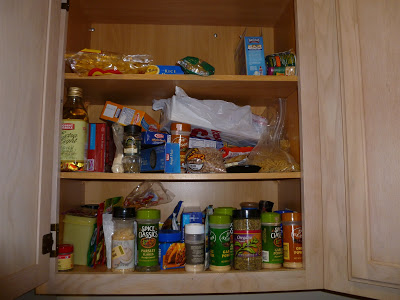
He thought his behavior was appropriate because he needed to have things perfect. Also Felix probably didn't clean a surface over and over. "It didn't bother Felix that he ran around with a paper towel and Windex. Felix Unger, of The Odd Couple, for example. On the other hand, people who have obsessive-compulsive personality disorder (OCPD), which is less serious than OCD, pride themselves on being neat freaks. "People who have OCD really don't want to be that way," Guardino tells WebMD. The person knows the obsession with germs is foolish but feels compelled to wash or clean over and over. The individual engages in ritual cleaning or washing at least one hour a day.Īcting out the rituals is done to relieve anxiety. The obsession with contamination is gradually taking over the person's life and actions. Guardino says a clinician looks for these signs of OCD:

If she heard a co-worker got the flu, she'd fear she might have touched something that person handled, so she'll sneak into the bathroom to wash." "When you first meet her, you notice how nice and organized and clean everything is. She is the executive director of Freedom From Fear, the national mental illness advocacy organization she founded in Staten Island, N.Y., in 1984. Is she just a perfectionist or is she driven by OCD? It can be hard to tell at first because OCD is a secretive illness, says Mary Guardino. Maybe it's the woman who cleans her cubicle every morning and keeps everything arranged just so. They may have to repeat the act over and over.Įvery office has its neat freak. That should be that, but an anxious feeling and thought intrude: what if microscopic germs remain? They know it's irrational, but they are compelled to wash the cut again in order to relieve the anxiety. For example, a woman accidentally cuts herself, washes the wound, puts antibacterial ointment on it, and bandages it. What's true with all types of OCD is that a compulsion is acted out to relieve anxiety produced by an obsessive, intrusive thought. Why someone with the disease is compelled to wash, as opposed to check or count or hoard, isn't known. One-third to one-half of adults with OCD say their illness started in childhood or adolescence. There's probably a genetic component as well, especially when OCD begins in childhood. Brain scans show brain activity is different in people with OCD.

OCD is believed to be caused by an abnormality in the brain's circuitry. Hoarding, counting, and praying are some other manifestations of the disease. For example, some people with OCD are "checkers." They're obsessed with a fear of losing control of aggressive urges, and their anxiety can be relieved only by checking something, such as whether a burner on the stove has been turned off. True germaphobes have OCD, which can take various forms. Real people with this condition include the late Howard Hughes and Saddam Hussein, who reportedly often ordered visitors to strip and wash with antibacterial soap.

Monk is a "germaphobe," the popular name for people who become obsessed with germs and dirt and feel compelled to act out rituals of washing and cleaning.

In fact, in an informal survey conducted by the Obsessive-Compulsive Foundation, OCD patients said they liked the character, who triumphs even when his condition interferes with his ability to do his work. Monk has been called the "poster boy" for obsessive-compulsive disorder (OCD).
#Everyday tidiness tv
In the Monk TV series, gentle detective Adrian Monk works the grimy streets of San Francisco but is so driven by a fear of germs that he must scrub his hands after shaking hands with someone.


 0 kommentar(er)
0 kommentar(er)
